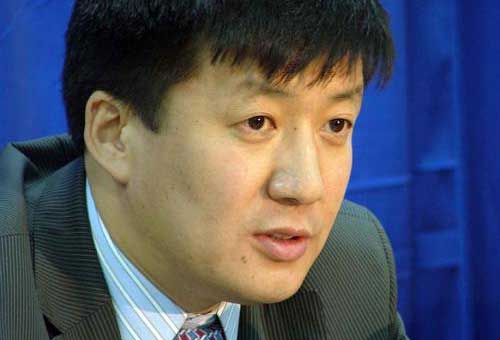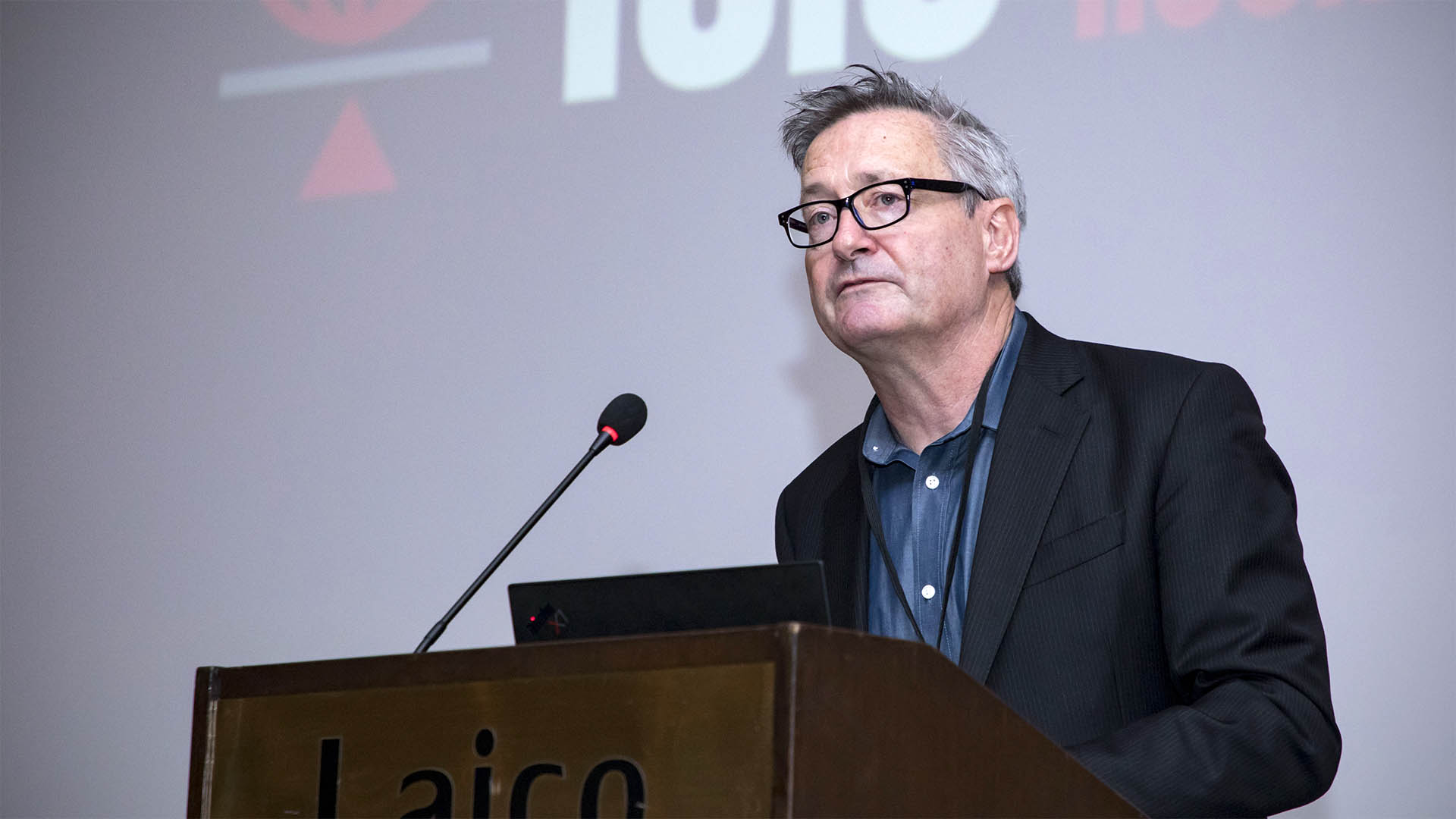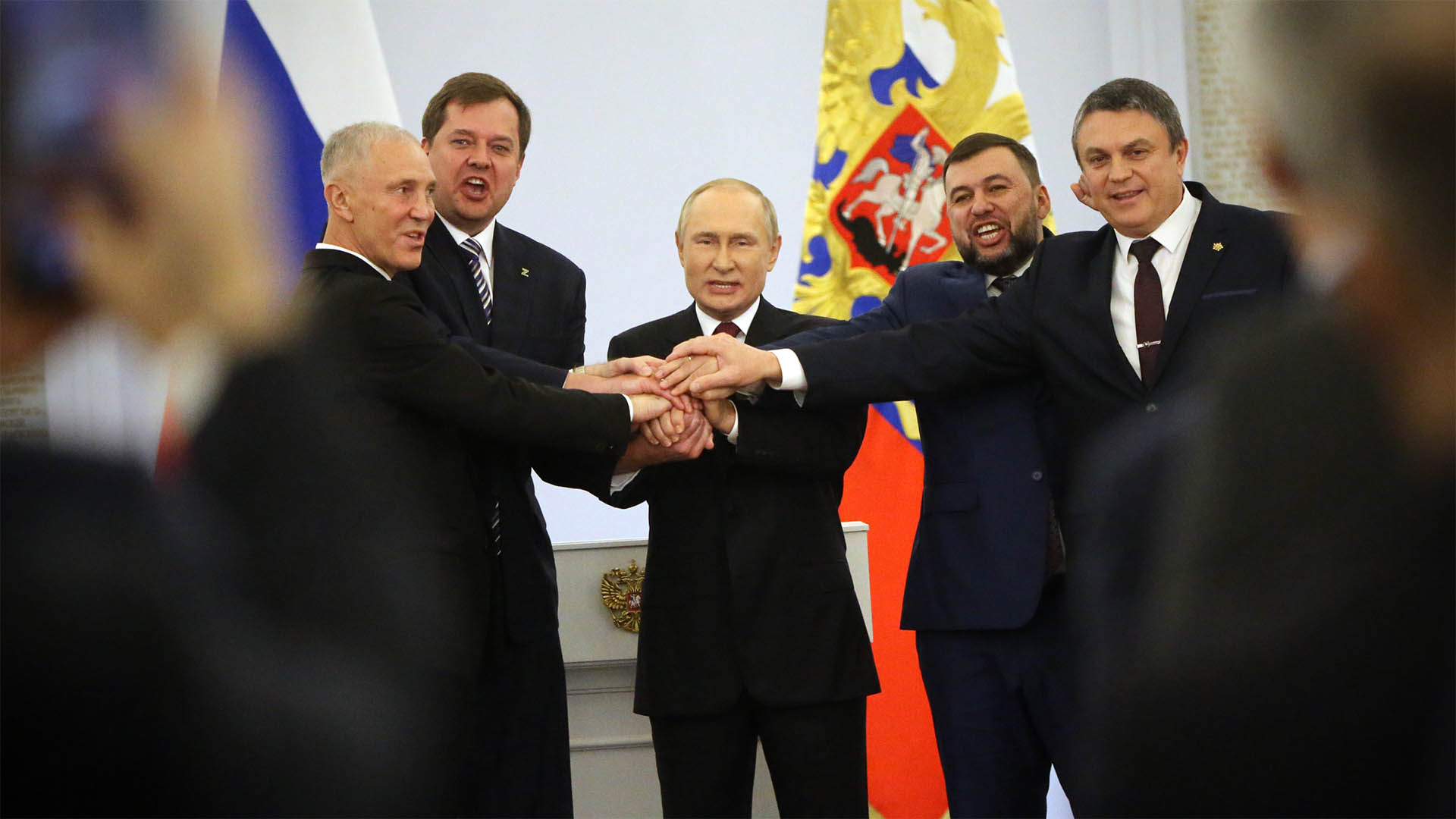Deputy speaker of Mongolia’s Parliament admits he had $1 million Swiss account.
One of Mongolia’s most senior politicians says he is considering resigning from office after being confronted with evidence that he has an offshore company and a secret Swiss bank account.
“I shouldn’t have opened that account,” Bayartsogt Sangajav, Mongolia’s deputy speaker of Parliament, told the International Consortium of Investigative Journalists (ICIJ).
“I don’t worry about my reputation. I worry about my family,” he said after ICIJ asked him about records revealing his offshore holdings. “I probably should consider resigning from my position.”
Bayartsogt, who says his Swiss account at one point contained more than $1 million, became his country’s finance minister in September 2008, a position he held until a cabinet reshuffle in August 2012.
During those years he attended international meetings and served as governor of the Asian Development Bank and the European Bank of Reconstruction, pushing the case for his poor nation to receive foreign development assistance and investment.
He was also at the forefront of encouraging foreign mining and other companies to move into Mongolia, one of the world’s most sparsely populated countries.
A cache of 2.5 million secret offshore files obtained by ICIJ includes documentation that Bayartsogt acquired a British Virgins Islands company, Legend Plus Capital Limited, in May 2008. The company was then used to open a Swiss bank account in the name of the Legend Plus Capital Limited, with an official address in the BVI.
Bayartsogt told ICIJ that not all of the money in the Swiss account was his. He said the account was opened to trade in international stocks.
He said his investment into the account was $200,000 – profit derived from a family wheat business. Another $800,000 or so belonged, he said, to three “business friends” he didn’t name. All but about $2,000 had since been withdrawn, he said.
“My friends told me: If you have extra profit, why not open an account? Our first intention was to have more than $1 million,” he said.
“It was risky business but we wanted to try. Foreign banks came to Mongolia and invited us to invest abroad. I shouldn’t have opened that account.”
He acknowledged that he hasn’t declared the offshore company or the Swiss account on disclosure statements required for Mongolian public officials. But he said he didn’t use the offshore entities to avoid taxes because the venture didn’t produce any income.
“I should have included the company in my declarations,” he said. “We didn’t even think of the tax issues. I am going to close it [the bank account] now.”
Bayartsogt was at the forefront of encouraging foreign mining companies to move into Mongolia. For instance, he championed changes to tax laws and other concessions in 2011 that had been demanded by the multinational mining company Rio Tinto, based in Britain and Australia.
The changes reduced the benefits for Mongolia and increased the returns for Rio Tinto of a planned multi-billion dollar copper and gold mine at Oyu Tolgoi in the Gobi Desert.
There is no suggestion his public stance had anything to do with his private offshore activity, but his Swiss bank account and offshore company remained secret throughout his years as minister.




